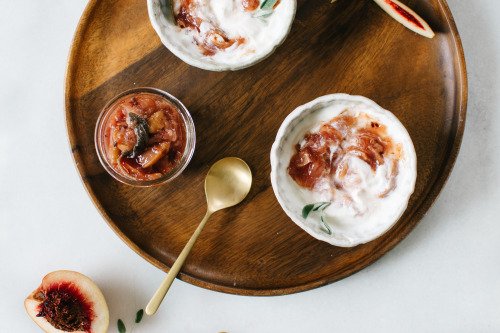
On one of my father’s first visits to Los Angeles, I took him up to TreePeople, an urban forest in Coldwater Canyon. Neither of us had been before, and we quickly took to the trails, scurrying up hillsides to see what views we could find. In the first few moments, my father had already spotted lavender, rosemary, mustard, and sage growing along the paths. The air was heady with their fragrance.
This was what he and my mother used to do, no matter where they were, city or mountain—they’d identify plants, categorize them by function, by leaf, by petal, by taste, by scent. My mother spent decades studying the medicinal and aromatherapeutic properties of plants, and my father learned by osmosis. Her first book, Living With The Flowers, was published the year before I was born. I like to imagine I came into the world riding on a groove of crystalline jasmine as psychedelic as their lives at the time.
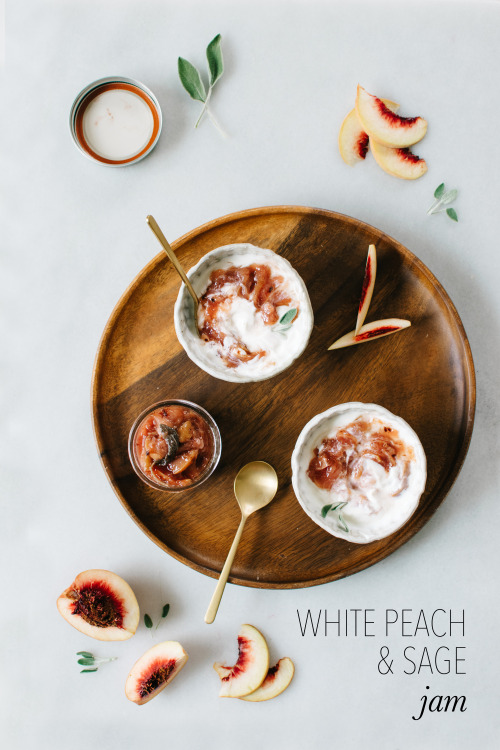
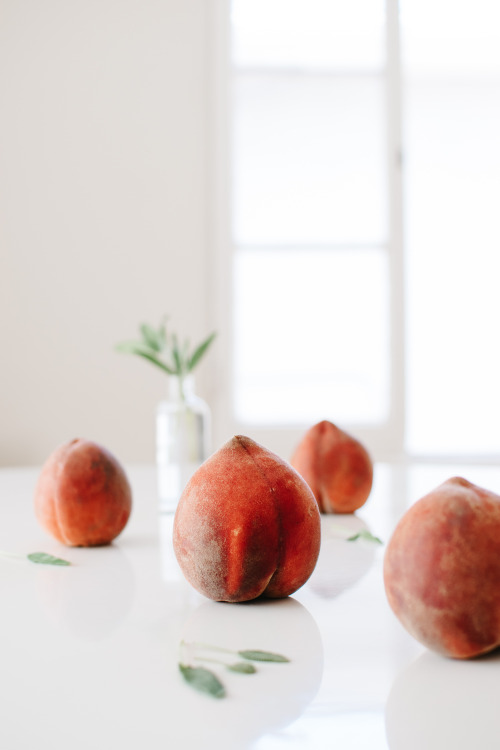
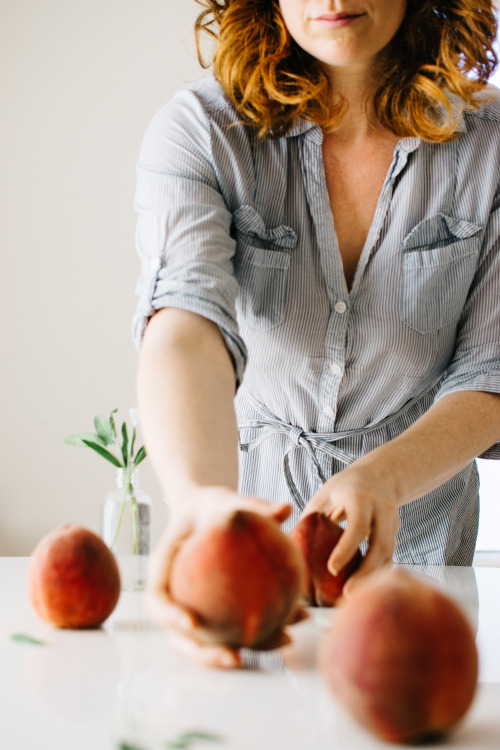
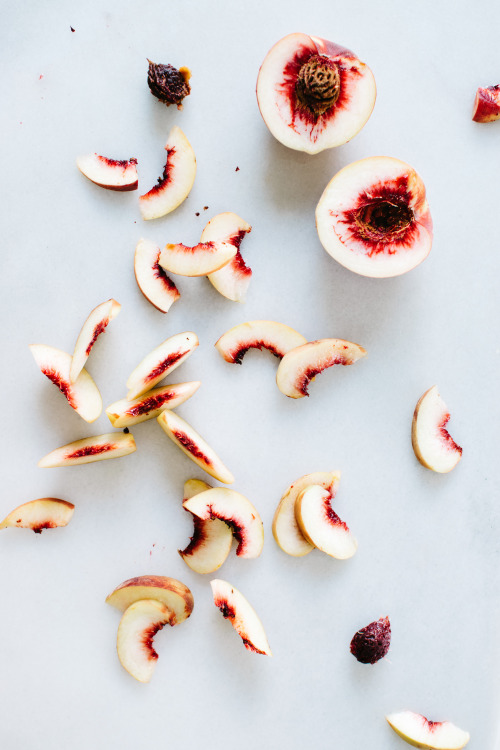
My parents, thousands of miles apart, each left home as soon as they could, and in the years leading up to the 1970s, they traded suits and skirts for feather earrings and huipils, blue eyeliner and sage, naked yoga and Krishnamurti. They joined a group called the Alive Tribe and danced in canyons with mud caked on their bodies and songs rattling in their hearts.
They believed in a new world, a new paradigm, a life outside the norm. They rebelled against their families. They drank their own kool-aid and made their own rituals. They believed in no religion but love. They moved to a tiny town on a cliff at the edge of North America—Bolinas—and then they leapt off that cliff into the ocean to move to Maui.
On Maui, too, I grew up close to the plant spirits, knitting my own dolls, baking my own bread, making my own medicine. I don’t know whether or not I am vaccinated. My parents gave me every possible tool to become the best human they could imagine—they gave up all that they knew to give me a life they themselves had not had, a life free of as many of the confines of religion and patriarchy as they could imagine. A life close to the plants, always listening to the earth.
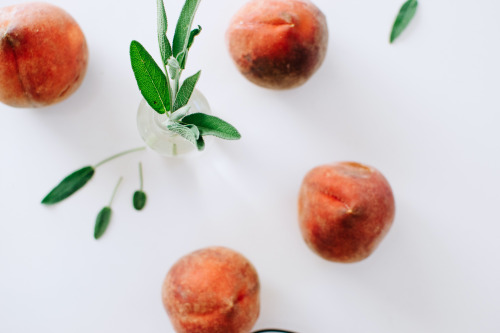
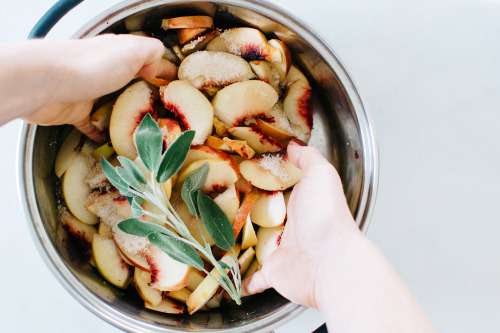
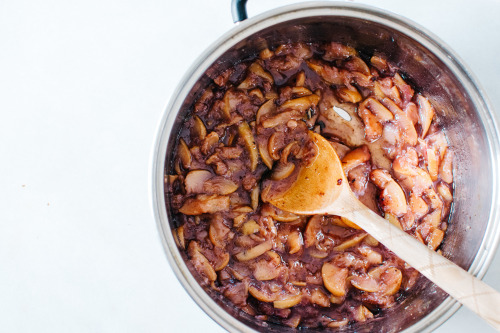
This attention to the natural world was one of the greatest gifts my mother gave me before she died, and it lives on in me, in my father, and in the book that is coming to you next May—the Kale & Caramel cookbook. Each chapter focuses on a different herb or flower, exploring their flavor pairings, their healing qualities, and my favorite uses for them in savories, sweets, juices and tonics, and easy body and beauty DIYs. This jam is one of my favorites from the Sage chapter that was cut in edits (don’t worry! we left behind even more exciting treats!).
Today, my father is an avid hiker. The perpetual movement quickens his mind, awakening him to new thought and possibility. No matter where he goes, he takes his walking sticks and a sensible pair of hiking shoes. A spry seventy-eight, he often clocks days of ten-mile walks—just because. Because he wants to stay close to the earth, because he wants to see new places, because he wants to stay awake, alert, alive.
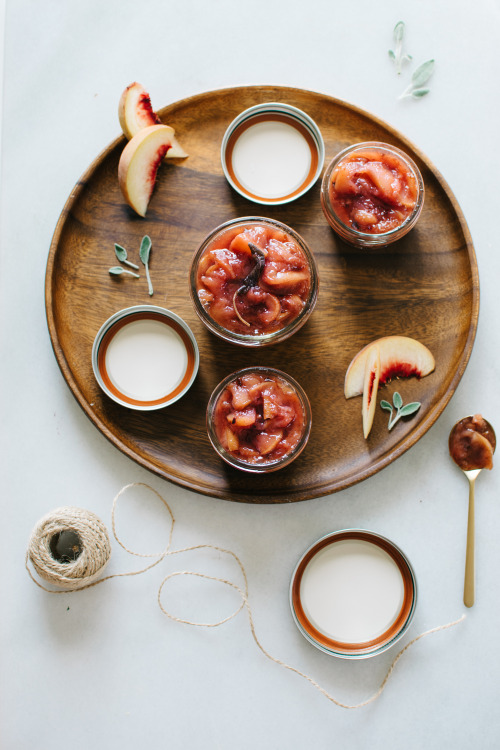

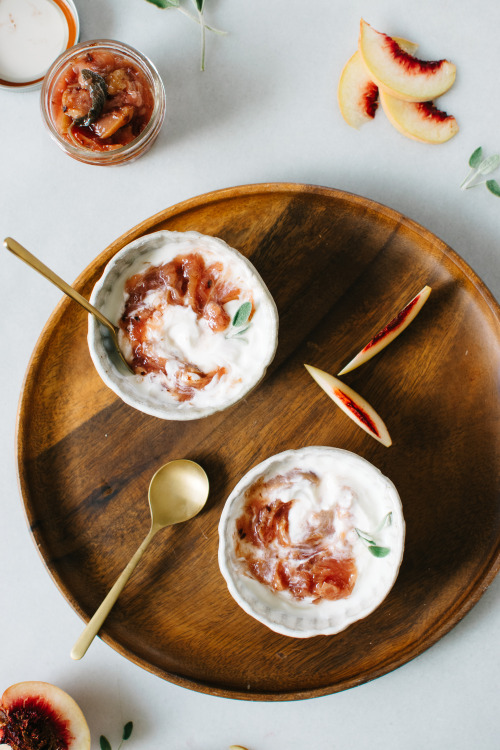
Which brings me back to that day in Goldwater Canyon, Los Angeles. As we scrambled up the hillside, I found a strange new cousin alongside the more traditional, broader-leaved sage. This was a thin-leaved sage that looked like dill but possessed an unmistakable sage flavor. Eager foragers, we picked a hearty bouquet to play with at home. The next day, I decided to pair the sage with white peaches we found at the market. Of course, any varietal of sage you have on hand will do, as will any stone fruit you like, if white peaches aren’t in store.
This jam is gorgeous with soft cheeses like chèvre (goat cheese) and brie, and lovely with white wine or rosé. The sage offers a sophisticated base note that complements the peaches’ exceptional sweetness. Also excellent stirred into yogurt, or on toast.
Ingredients
Method
- Place all ingredients in a large pot and bring to a boil. Reduce to low and simmer until some of the liquid has evaporated and the syrup starts to thicken. This will happen after the concoction begins to foam. Taste and add more sugar if desired; the sweetness of peaches will vary, so I like to start with a small amount of sugar and add as needed.
- Let the fruit simmer for 25 to 30 minutes, until much of it has broken down. The jam should be a lovely pink. Remove from the heat and take out as much of the sage as you like. I keep a few leaves in, but it’s entirely up to you. Transfer to airtight containers, seal, and cool. Will keep in the fridge for up to one month.



